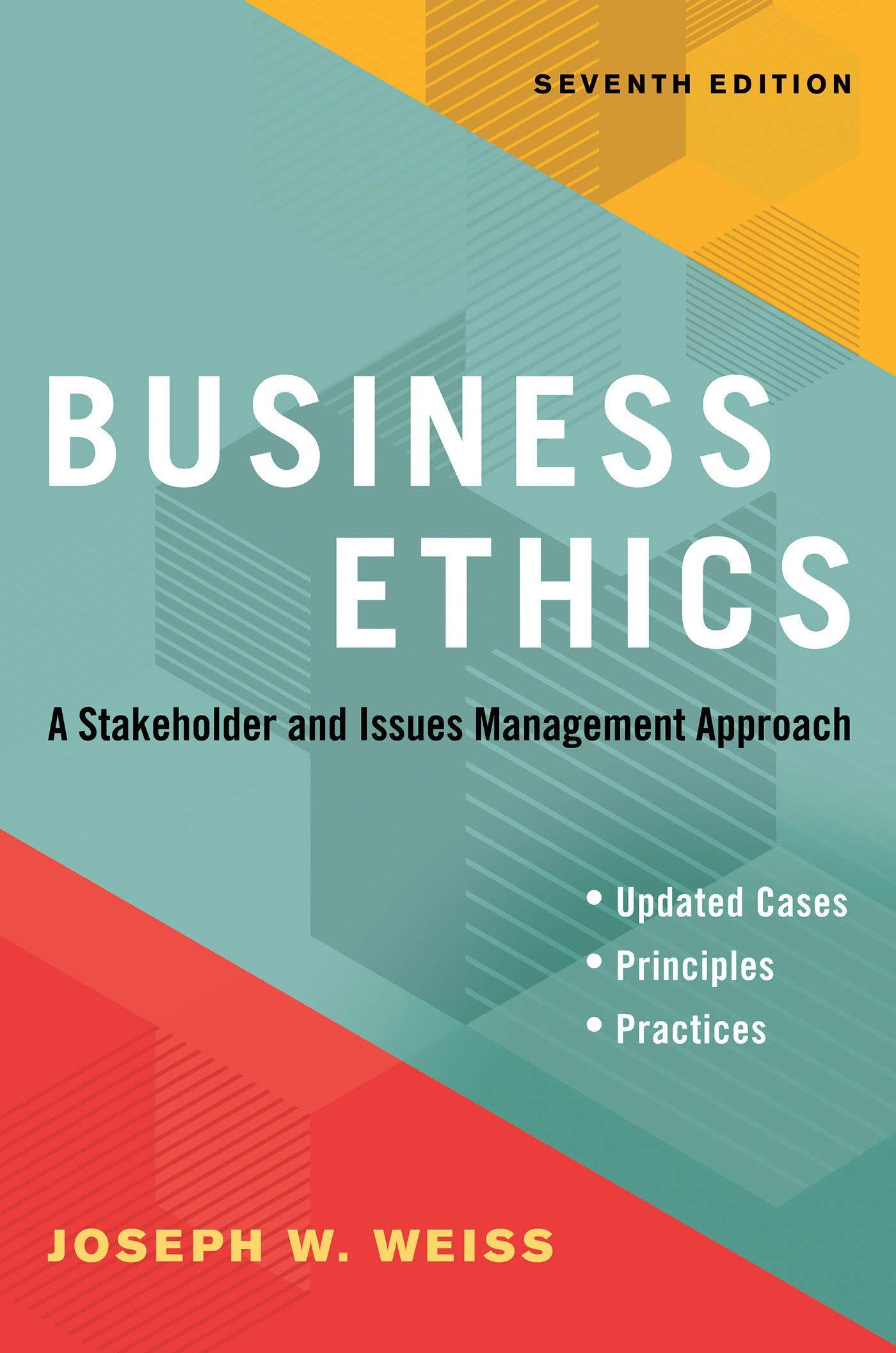Question
Flag question: Question 13 FoisPas, a French restaurant in Westwood, has decided to increase the price of its Sunday brunch from $30 to $34. Following
Flag question: Question 13
FoisPas, a French restaurant in Westwood, has decided to increase the price of its Sunday brunch from $30 to $34. Following this price increase, the number of reservations on a typical Sunday dropped from 60 to 55. Which statement is correct?
Group of answer choices
The total costs faced of FoisPas on a typical Sunday must have increased for sure
The price increase led to a decrease in total revenues as demand was elastic at the initial price
The price increase had a positive impact on total revenue as demand was inelastic at the initial price
FoisPas was initially maximizing revenues, as demand was unit-elastic at the initial price
FoisPas faces a horizontal demand curve
Flag question: Question 14
Consider two firms that produce identical products in a situation of duopoly. The two firms have the same marginal cost. Which of the following statements is true:
Group of answer choices
Under Cournot competition, the equilibrium price is lower than the equilibrium price under Bertrand competition
Under Bertrand competition, the equilibrium price will be at the same level as the equilibrium price under perfect competition
The two firms will end up producing different levels of output
Under Cournot competition, the equilibrium price will be at the same level as the price under a monopoly
Under Cournot competition, the equilibrium price will be at the same level as the equilibrium price under perfect competition
Flag question: Question 15
A company selling wooden tables utilizes low-skilled and high-skilled craftsmen. Low-skilled craftsmen are paid 2,000 dollars per month, and their marginal product (at the current point of production) is estimated at 120 tables per month. High-skilled craftsmen are paid 3,500 dollars per month, and their marginal product (at the current point of production) is estimated at 175 tables per month. What should the company do to optimize its production process (i.e, produce the same quantity at a lower cost)?
Group of answer choices
The company should employ fewer high-skilled craftsmen and more low-skilled craftsmen
The company should increase the number of high-skilled and low-skilled craftsmen
The company should employ more high-skilled craftsmen and fewer low-skilled craftsmen
Nothing, the company is at the optimal combination of high-skilled and low-skilled craftsmen
The company should reduce the number of high-skilled and low-skilled craftsmen
Flag question: Question 16
Below are the long-run cost data of a representative firm in a perfectly competitive industry. In the long run, what is the equilibrium quantity produced?
| Q | LMC | LAC |
|---|---|---|
| 1 | 12 | 84 |
| 2 | 17 | 51 |
| 3 | 23 | 45 |
| 4 | 25 | 42 |
| 5 | 32 | 37 |
| 6 | 36 | 36 |
| 7 | 39 | 38 |
| 8 | 44 | 40 |
| 9 | 52 | 42 |
| 10 | 56 | 45 |
Example on how to interpret the numbers: The LMC of the second unit (Q=2) is 17.
Group of answer choices
4
8
6
3
1
Flag question: Question 17
Which statement about externalities is wrong?
Group of answer choices
Markets are typically not efficient in dealing with externalities
Negative externalities imply that the social cost is higher than the internal (or private) cost
A firm naturally takes into account negative externalities that result from their production
Interventions such as carbon taxes can help correct externalities
Externalities can be positive or negative
Step by Step Solution
There are 3 Steps involved in it
Step: 1

Get Instant Access with AI-Powered Solutions
See step-by-step solutions with expert insights and AI powered tools for academic success
Step: 2

Step: 3

Ace Your Homework with AI
Get the answers you need in no time with our AI-driven, step-by-step assistance
Get Started


